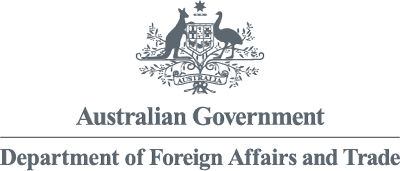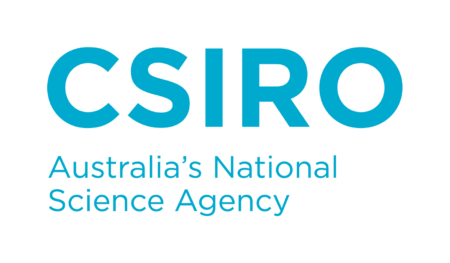Case Study: IPPIN Grants | GTM
Geo Trash Management: making new plastic from old

| Project Lead | CSIRO | Manufacturing Business Unit |
| Project Partners | PT GEO Trash Management, BRIDA, University of Mataram, World Health Organisation, Nomad Plastic |
| Grant Support | Provided through the Indo-Pacific Plastics Innovation Network (IPPIN) |
| Grant Amount | $279,685 |
| Trial Location | Indonesia |
| Project Duration | 24 months |
Indonesia’s Geo Trash Management (GTM) has partnered with Australia’s process engineering industry to design and commission the first commercial plastic oil distillation plant in Indonesia. This Australian-Indonesian company has created a new market for previously unrecyclable plastics and rubber through advanced recycling techniques.
Andrew Sinclair is a GTM Founder and Project Director.
“We are converting zero value plastics into a valued resource, promoting a new revenue stream for waste aggregators, pickers and communities,” Andrew said.
Andrew and his team received a competitive grant from IPPIN to advance the technology around the purification of plastic pyrolytic oil. Pyrolytic oil can be used as a substitute for petroleum. The grant will help develop equipment to produce a high-quality, commercial-grade hydrocarbon used to make new plastics, lubricating oils, or other industrial chemicals.
“Maintaining simplicity and affordability without compromising quality or safety is key to the success of our technology,” he said.
Andrew said the IPPIN grant allowed GTM to bring more technology and processing power to Indonesia.
“We’ve connected with Australian leaders in technology development from the hydrocarbon engineering industry. This grant will help us design and commission the first commercial plastic oil distillation plant for Indonesia,” Andrew said.
“For the process to be effective, the business strategy must be fit for purpose, and suitable for the community, local customs, and economics. It must be totally aligned with regional legislation and meet international environmental standards.
“The IPPIN grant is helping us achieve this. And all in cooperation with the people of Indonesia.”
More than just a grant
Andrew said the mentoring and acceleration programs provided by IPPIN have been a game changer for GTM.
“The programs helped us organise, structure and simplify our management approach as well as customer communication,” Andrew said.
“This included exposure during the 2022 ‘Road to G20: Beating Plastic Pollution from Source to Sea’ summit in Bali, where we networked and pitched our plastic innovation before a panel of judges.”
He said the IPPIN program opened the gate to a new road of collaborative possibilities from many high-level players in the sustainable development space and, “definitely put the spotlight on our work here in Indonesia.”
Growing bigger, better
By the end of the IPPIN project period, GTM will have a fully operational demonstration facility that can process more than 200 tonnes of plastic waste a year.
Andrew says this is suitable for a community of 10,000 people, is financially viable, and is a great opportunity for future investors. But scaling up the capacity of the facility will be important to deliver sustainable impacts on bigger cities.
“Through our work with IPPIN we hope to work towards facilities to manage 10 to 60 tonnes of waste plastics per day,” Andrew said.
“Today this is our purpose, tomorrow this will be our legacy for future generations.”


